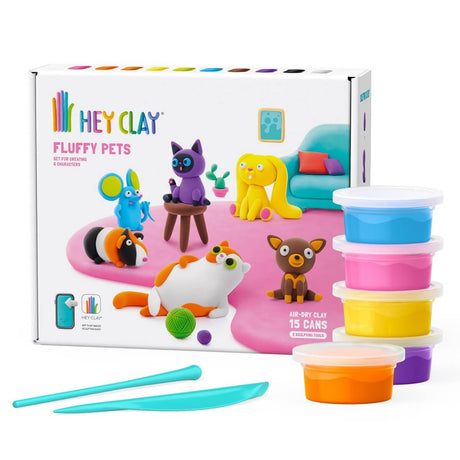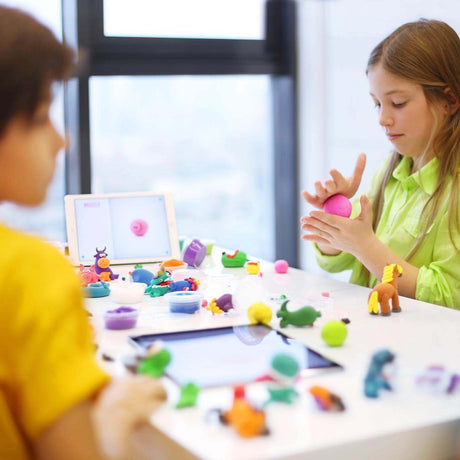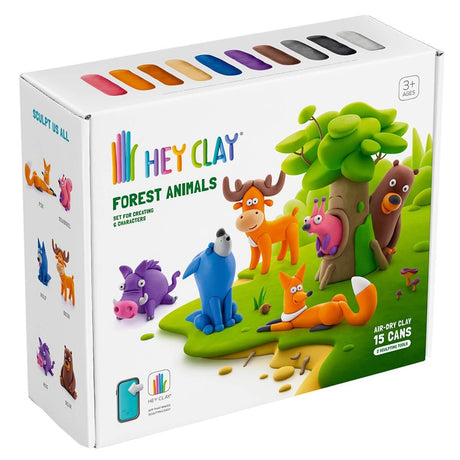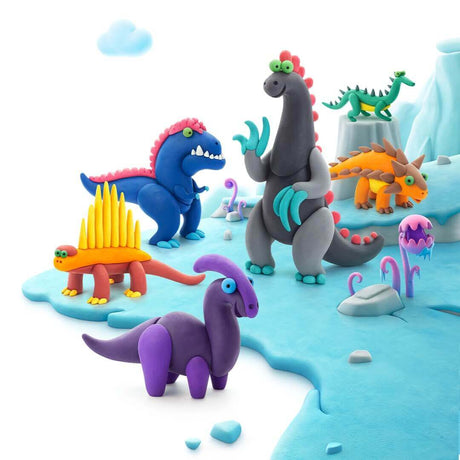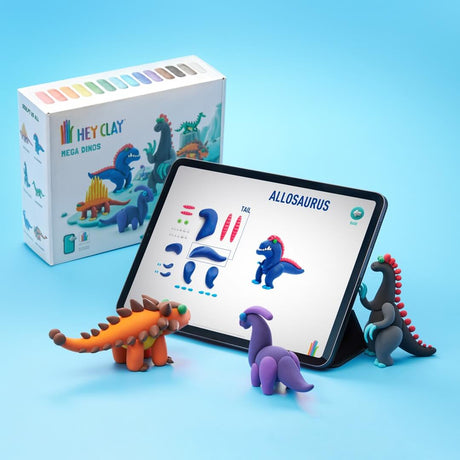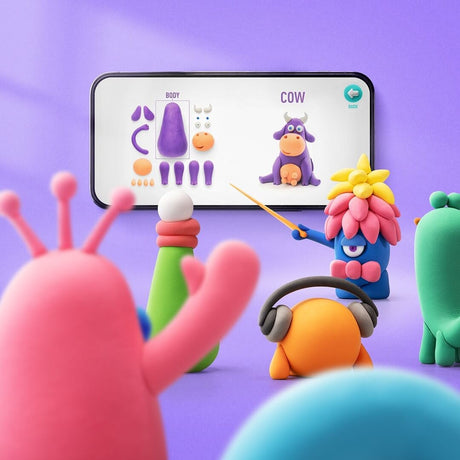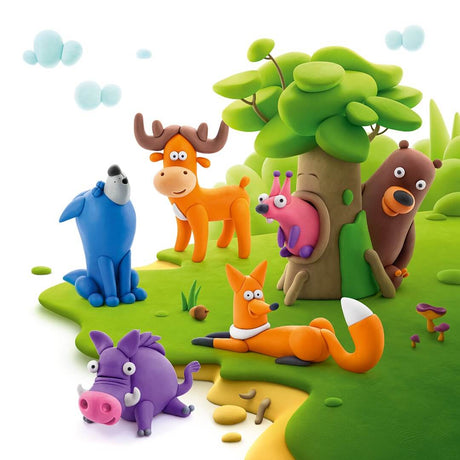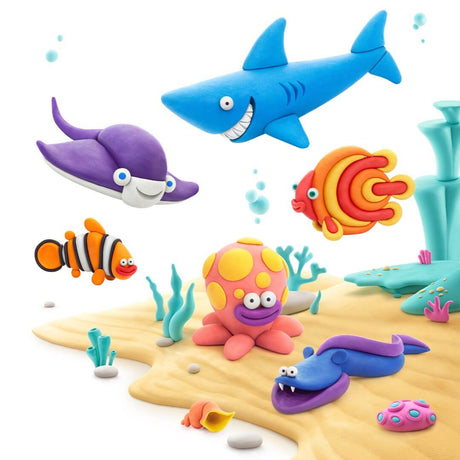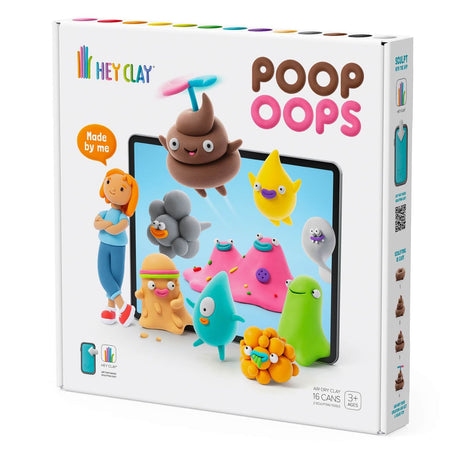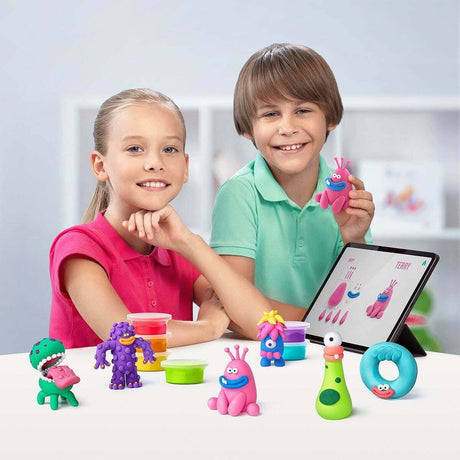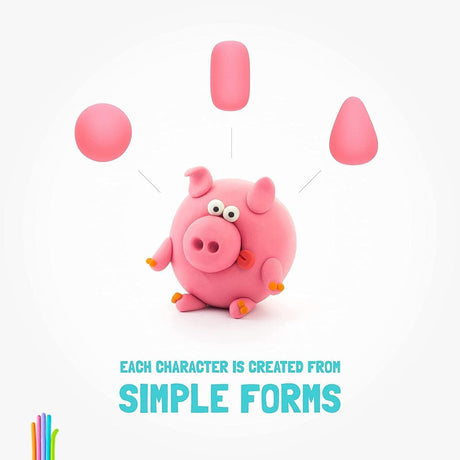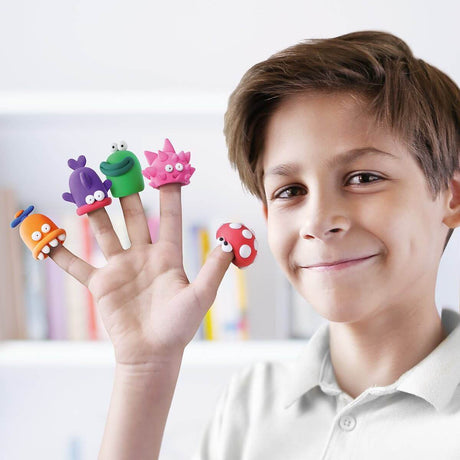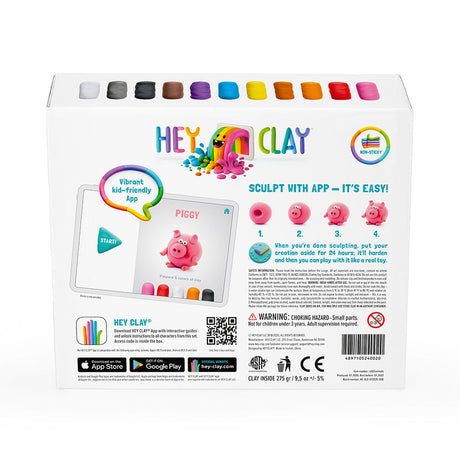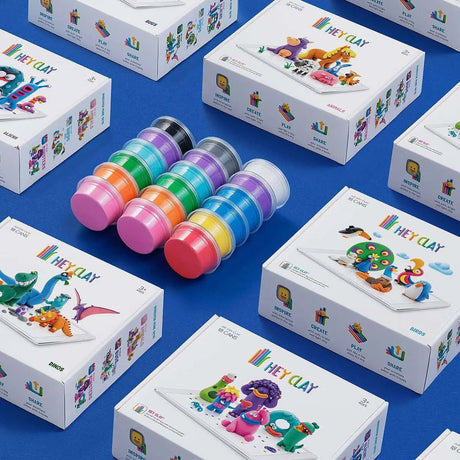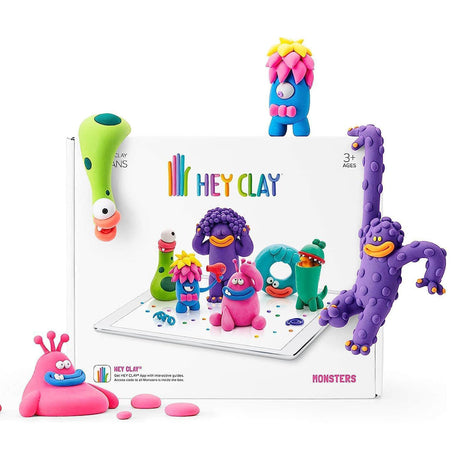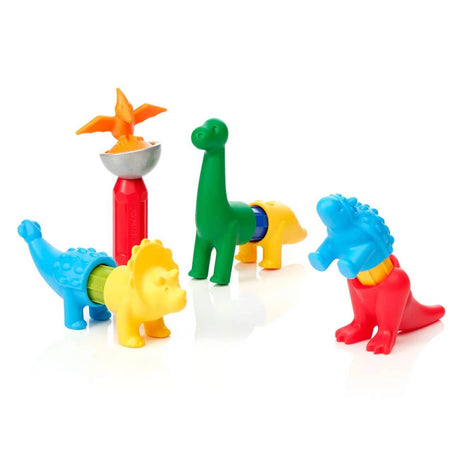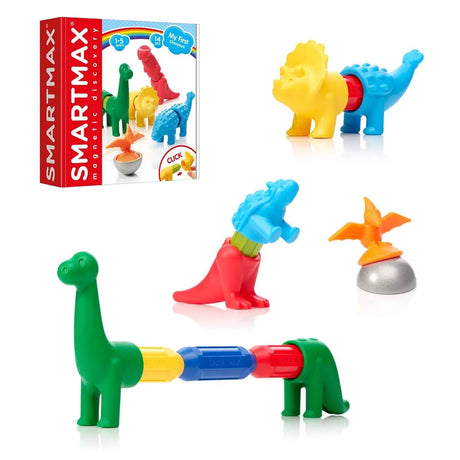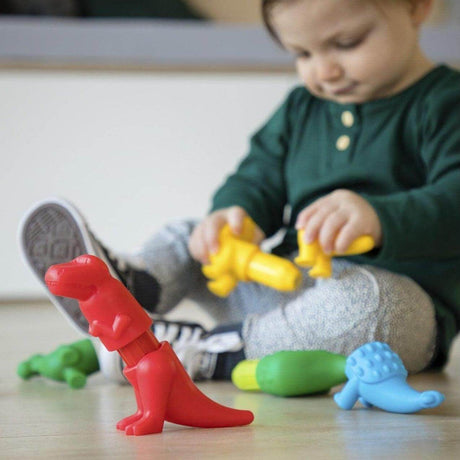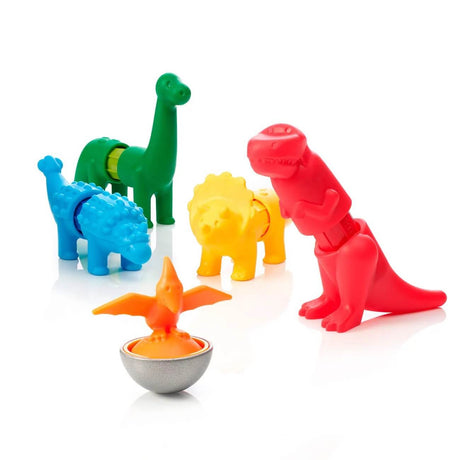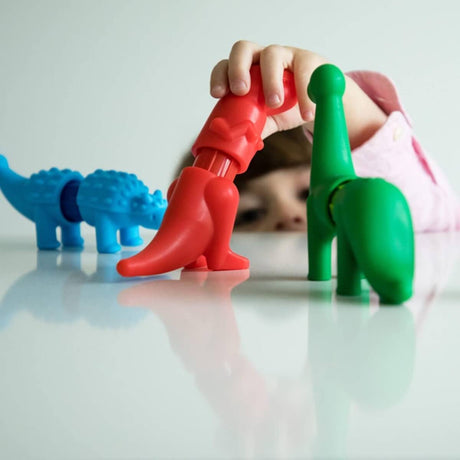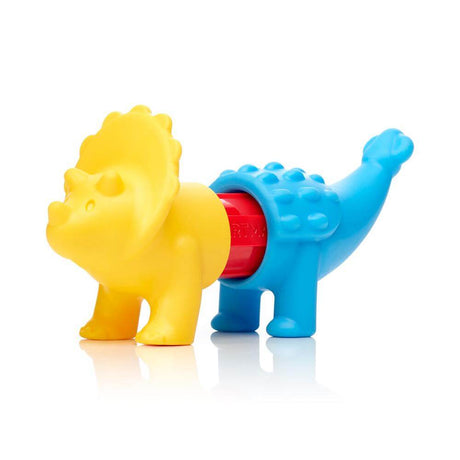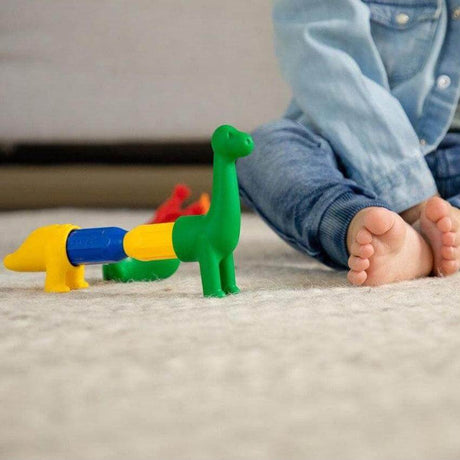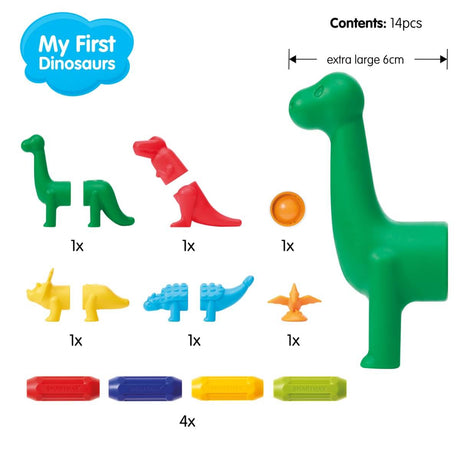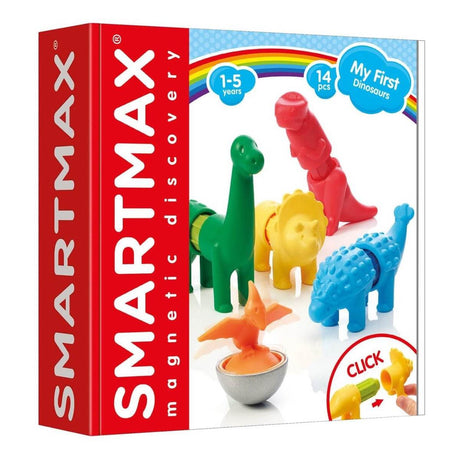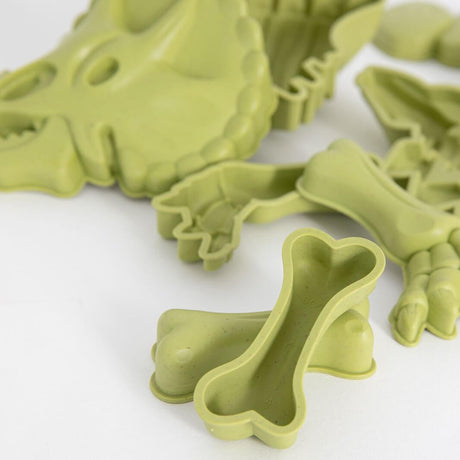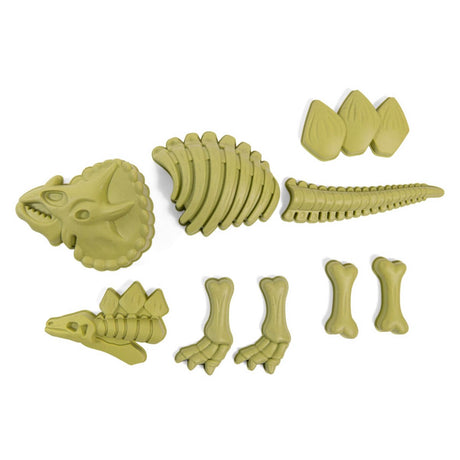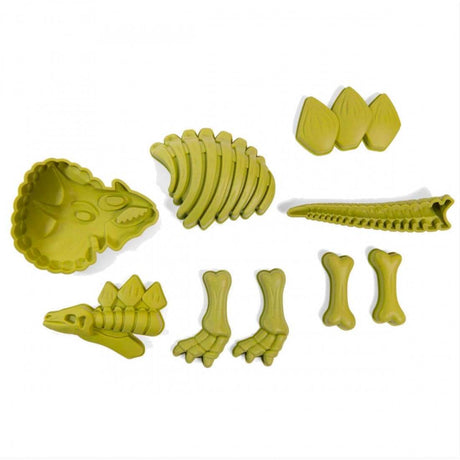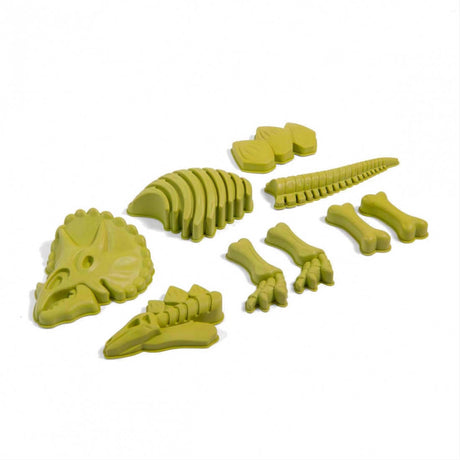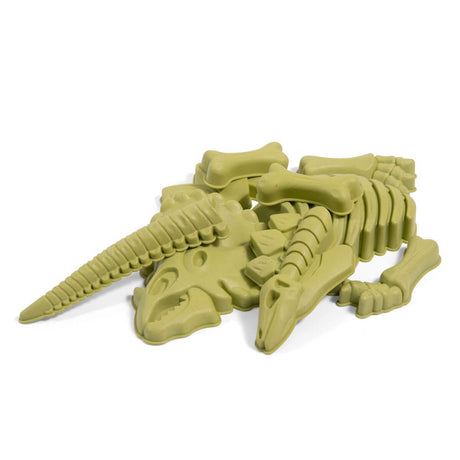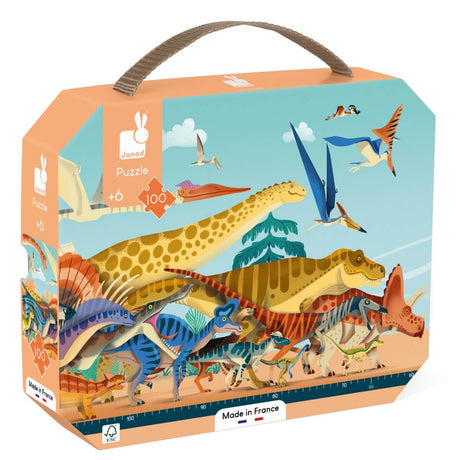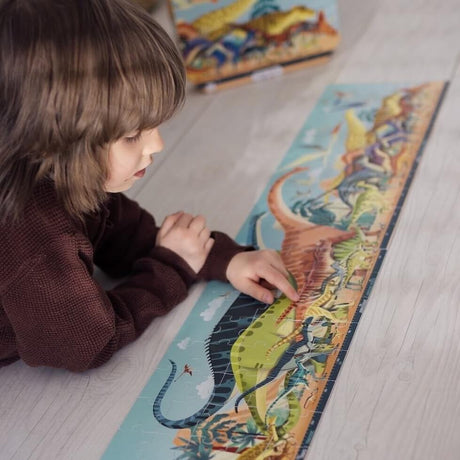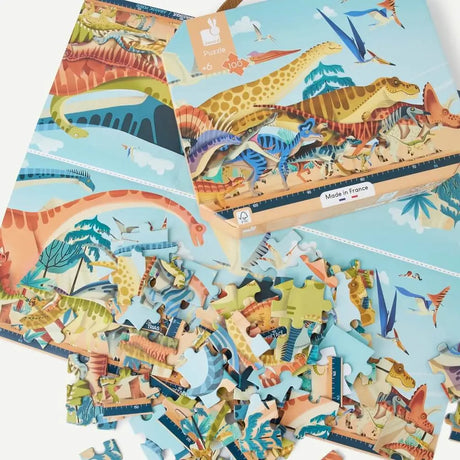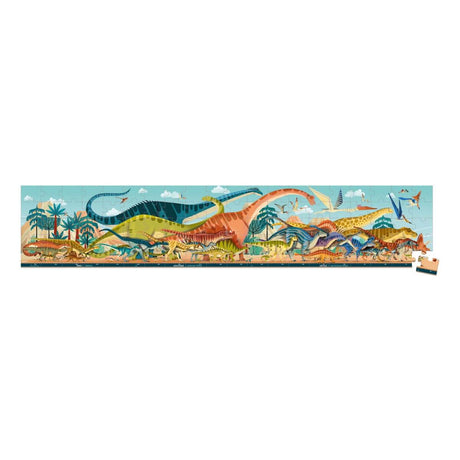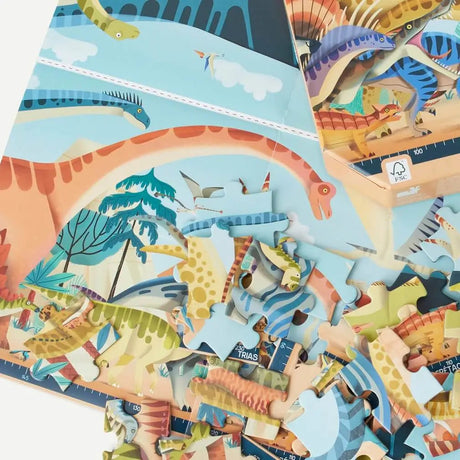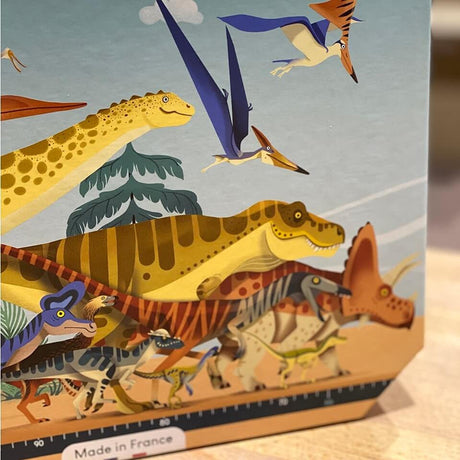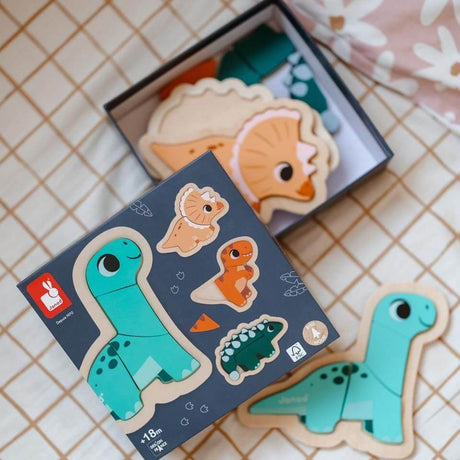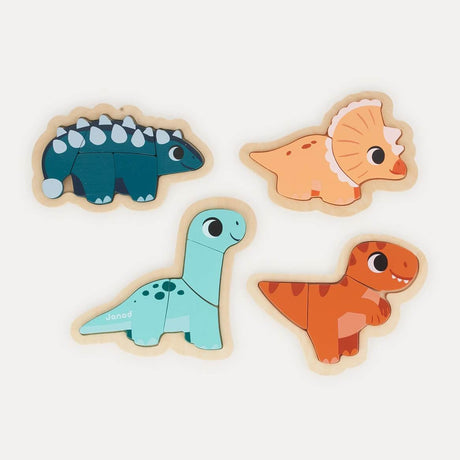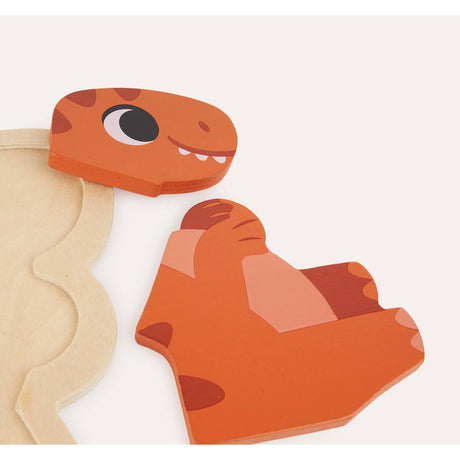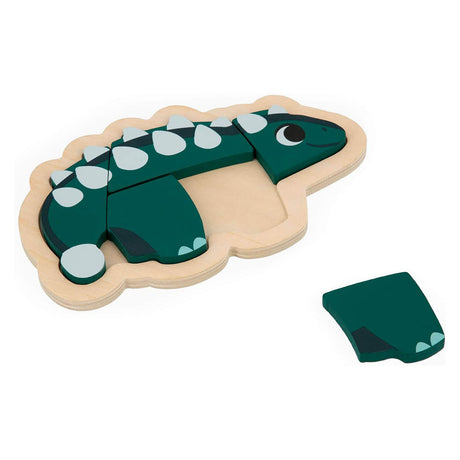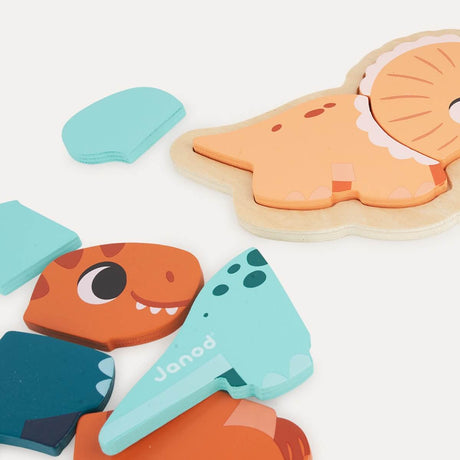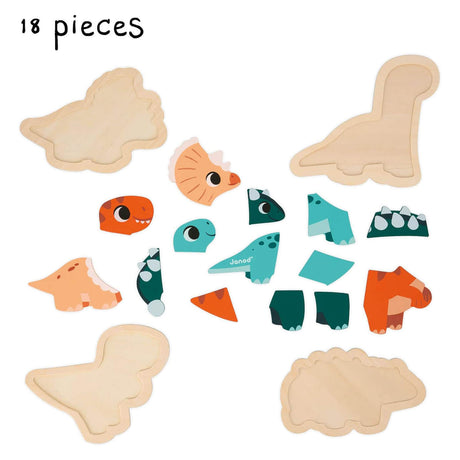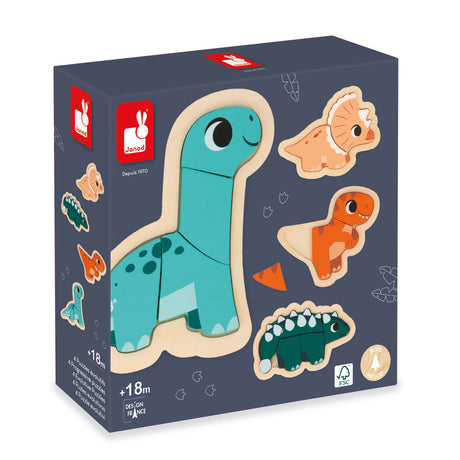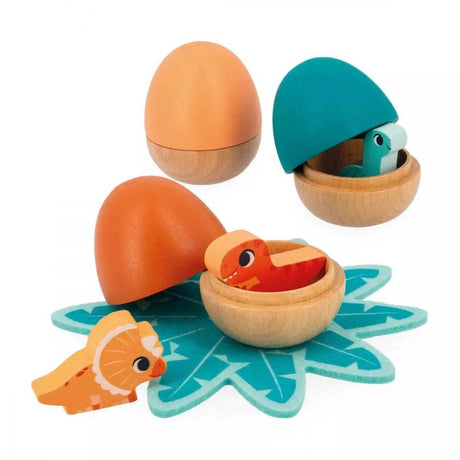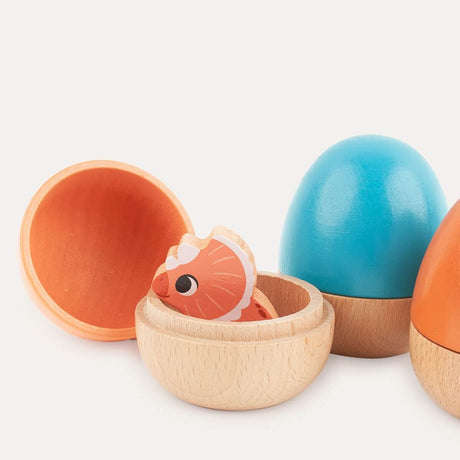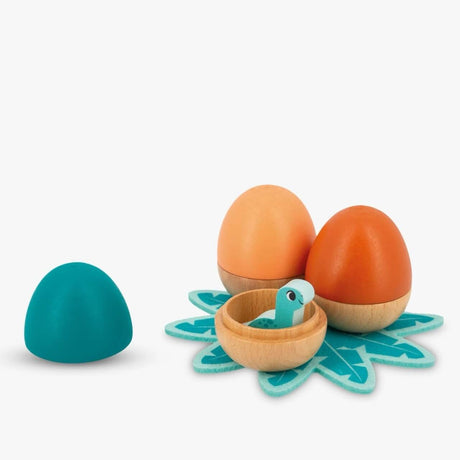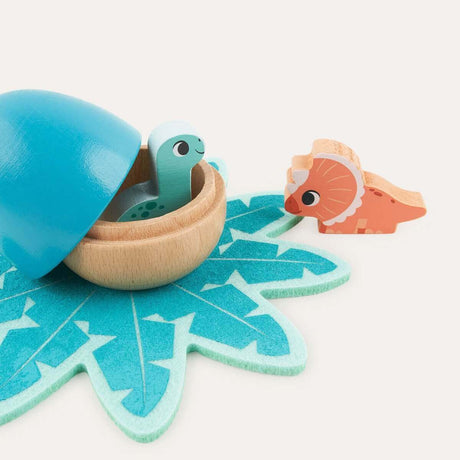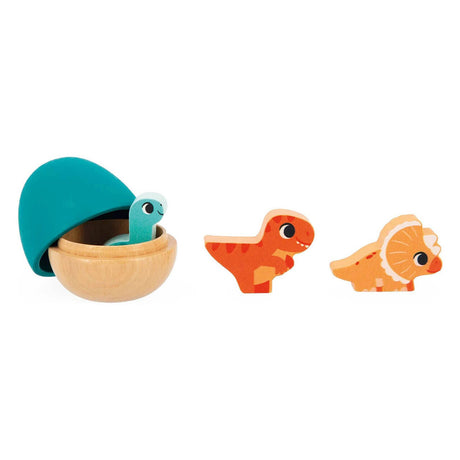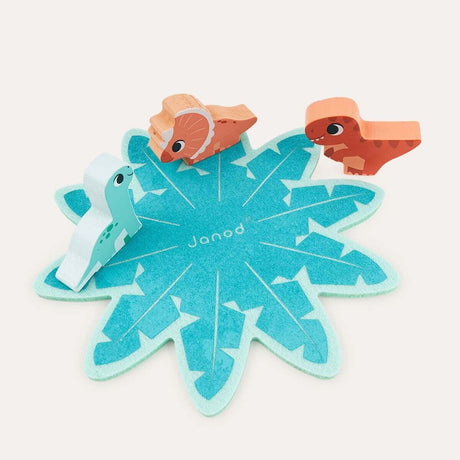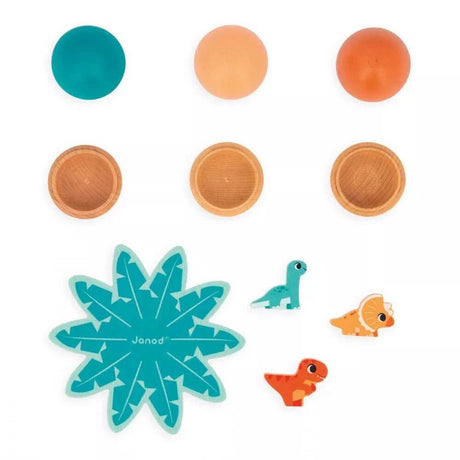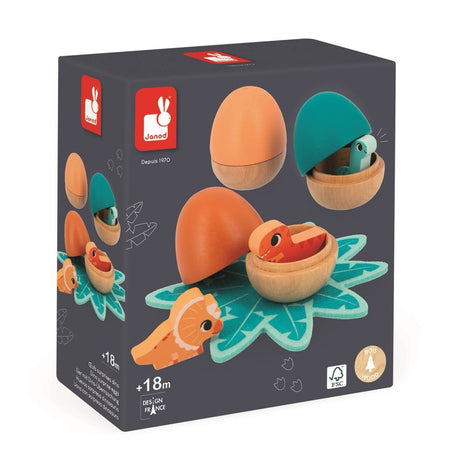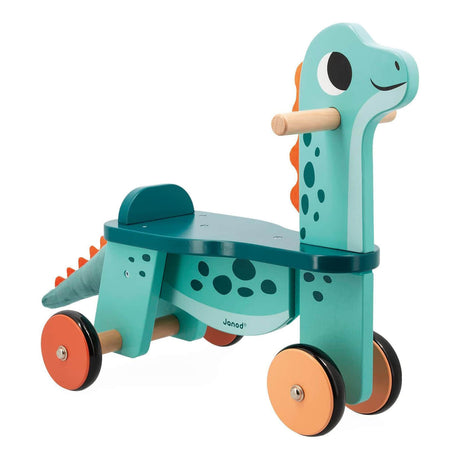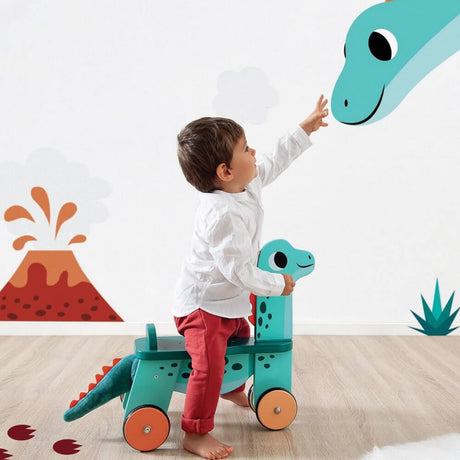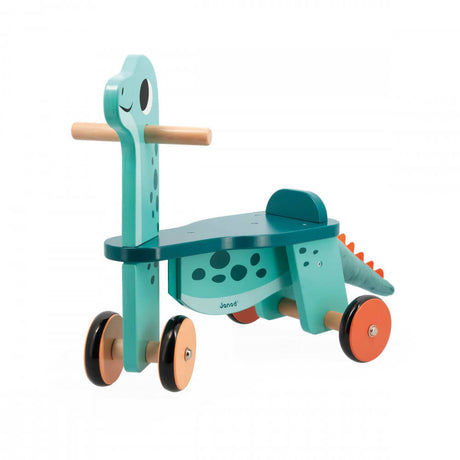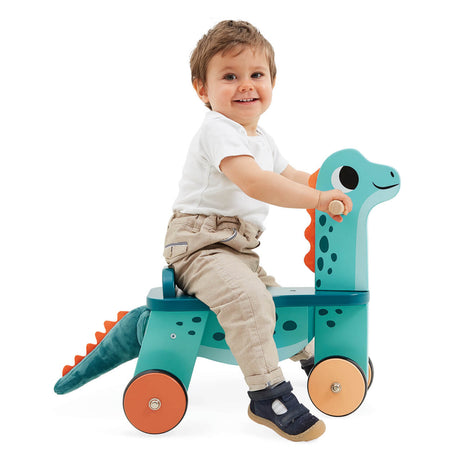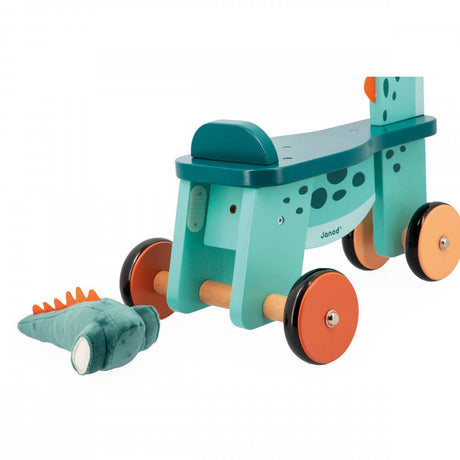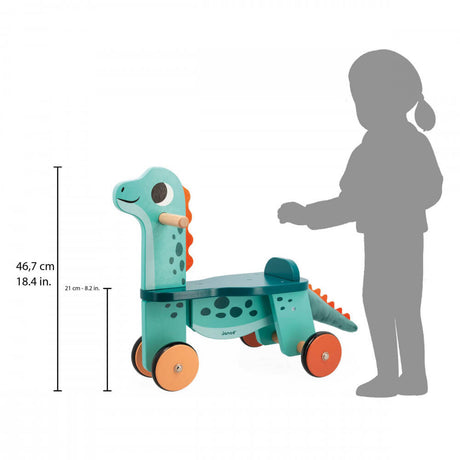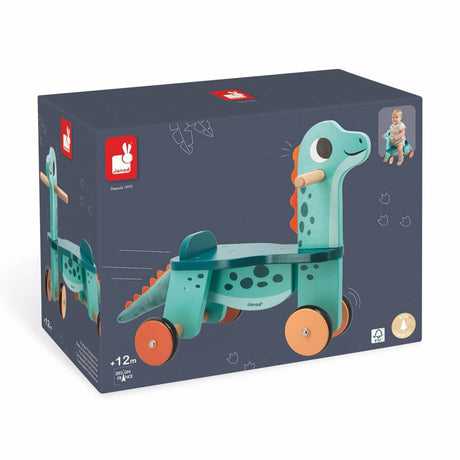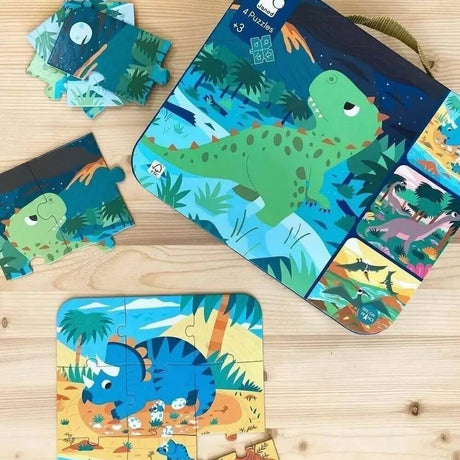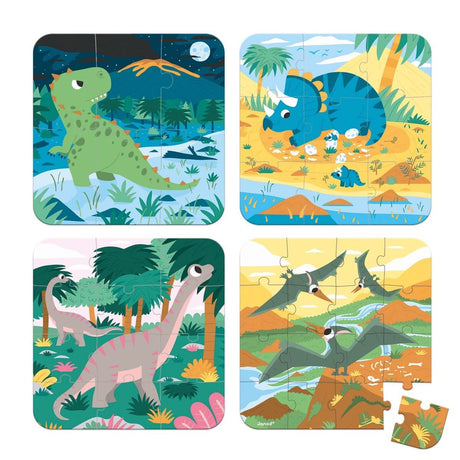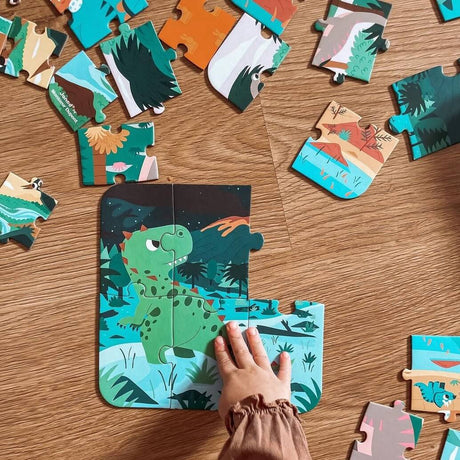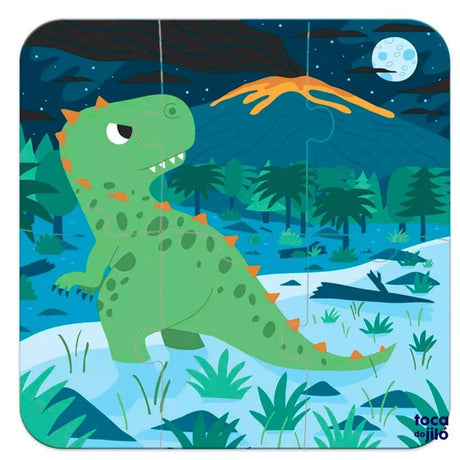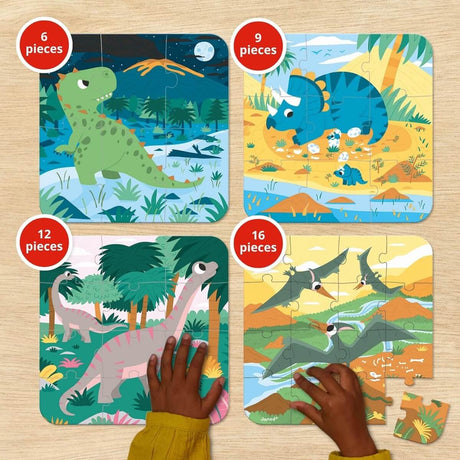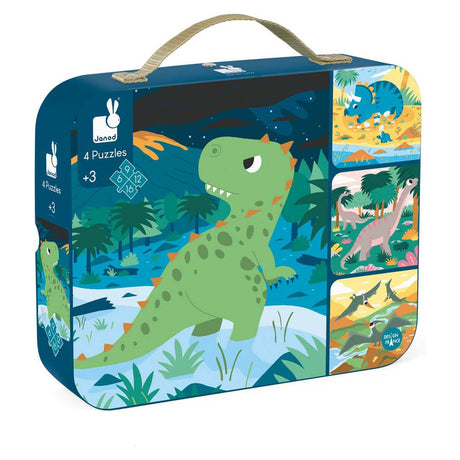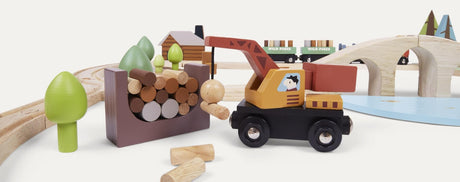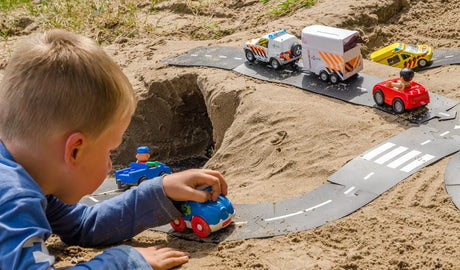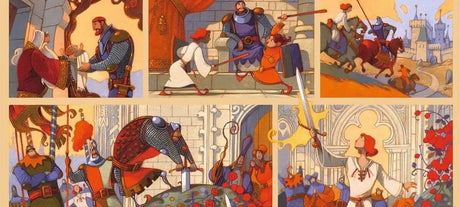Does your child insist on reading the same T-Rex book every night before bed? Or does he wear his favorite stegosaurus t-shirt on every family outing? Or likes to share dinosaur fun facts with every stranger he comes across?
He is not the only one.
After planes, trains and other vehicles , dinosaurs are one of the most popular interests among children. And while you may be feeling overwhelmed by dinosaurs, your child's passion for prehistoric predators is actually beneficial for their brain development!
“Intense interests fuel curiosity and focus – a key component of executive function,” says Dr. Dimitri Christakis, director of the Center for Child Health, Behavior and Development at Seattle Children's Research Institute.
“They can be opportunities to teach a love of research and reading. They can boost self-esteem and encourage imaginative play. All of these skills and traits are wonderful in the long run, even if your child doesn't become a paleontologist » .
Passion, obsession, intense interest...
Child development experts call obsessions "intense interests" and say that about a third of children will become deeply immersed in a particular topic, activity or object.
“If your child is so motivated to learn more about a topic that they start asking you questions about it or even asking you to teach them more about it, they probably have one,” explains Dr. Christakis. “Follow them and learn along with your child. »
Whether it's dinosaurs, dolls, or dogs, turning to your obsessions can have lifelong benefits. Here are some ideas on how parents can support their child's interests and the benefits they will reap.

Promotes learning and engagement
Intense interest leads children to seek knowledge. This enthusiasm for acquiring new information helps establish a long-term, lifelong approach to learning.
Children learn to self-direct their learning, persevere in searching for new information and are more motivated to understand new knowledge related to their favorite subject.
In practice
Try to find activities that provide hands-on, engaging experiences that allow your child to learn as an active participant .
As your child explores his or her interests, you can support him or her by sharing what you observe and asking open-ended questions (for example, “I see you found the [type of dinosaur]. What type of dinosaur do you think? -do you find it here?"). This not only helps them develop their critical thinking skills , but also gives them the feeling that you are interested in what they have learned!

Develops confidence and creativity
Children develop their self-esteem as they acquire skills in a given area. Spending time immersed in their interests also allows the child to experience positive emotions such as joy, enthusiasm and pride more frequently.
By building their confidence, children are more willing to experiment with their creativity without fear of failure.
In practice
Parents and educators can help this process by providing different types of resources and activities that develop or strengthen their child's interests.
Stimulates imagination and socialization
Putting intense interests into practice encourages children to play pretend! Research shows that role play has a multitude of benefits for child development. Children learn to apply their knowledge, reason more flexibly, resolve problems and interpersonal conflicts, and show empathy in imaginary scenarios or while playing with others.
In practice
To encourage imitation play at home, try to imagine creative scenarios related to your child's interests, then act them out with them. You can enrich the role play further by adding costumes or accessories!




